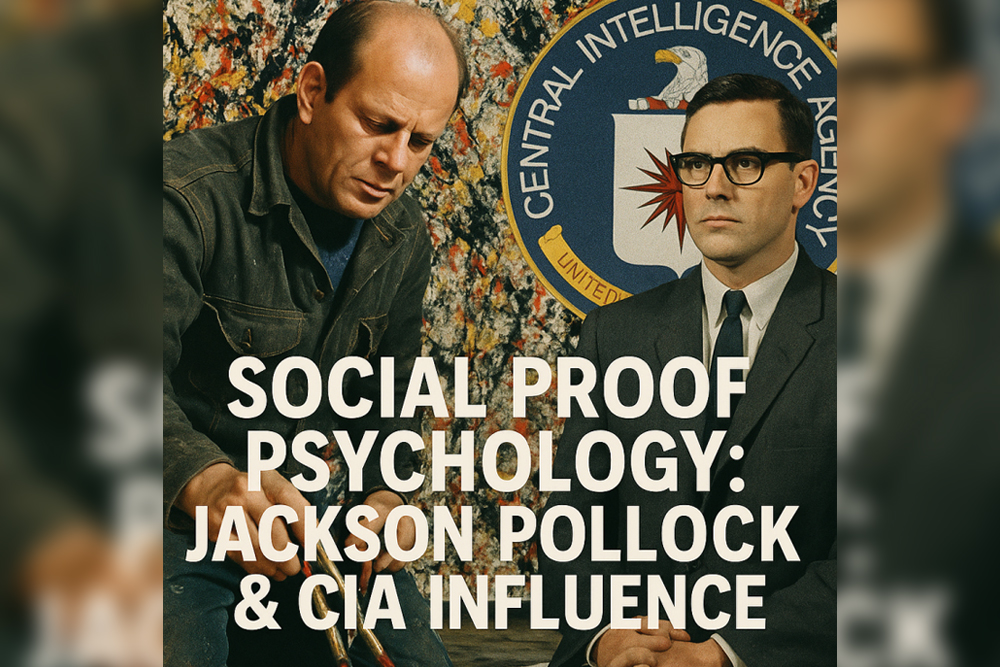How Does AI Help Automate Content Distribution?
In the modern digital marketing landscape, content is no longer just king—it’s the kingdom. But even the best content is useless if it doesn’t reach the right people at the right time, in the right format, and on the right platform...
Read More
The Psychology of Social Proof: Lessons from Jackson Pollock and the CIA
Explore the psychology of social proof through the compelling example of Jackson Pollock, whose rise was significantly influenced by the CIA's strategic endorsement. Discover how understanding social proof can transform perceptions and drive behavior.
Read More
Will Airbnb’s Foray into Photography Services Succeed—or Fizzle Out?
Introduction: A Lens Into Airbnb’s Strategic Pivot Airbnb’s 2025 Summer Release introduced a dramatic shift in strategy: not only lodging but services, including massage, chefs, personal trainers—and notably, photographers. On paper, it’s a savvy move. The market for on-demand visual storytelling is booming. But as with any platform pivot, the…
Read More
How Can AI-Generated Insights Improve Social Media Marketing?
Social media is no longer just a channel—it’s a complex ecosystem where attention is currency and data is power. Platforms evolve rapidly. Algorithms shift. Trends come and go in hours. In this environment, marketers can’t afford to rely on gut instinct or manual analysis alone. Enter AI-generated insights—automated, intelligent analysis…
Read More














